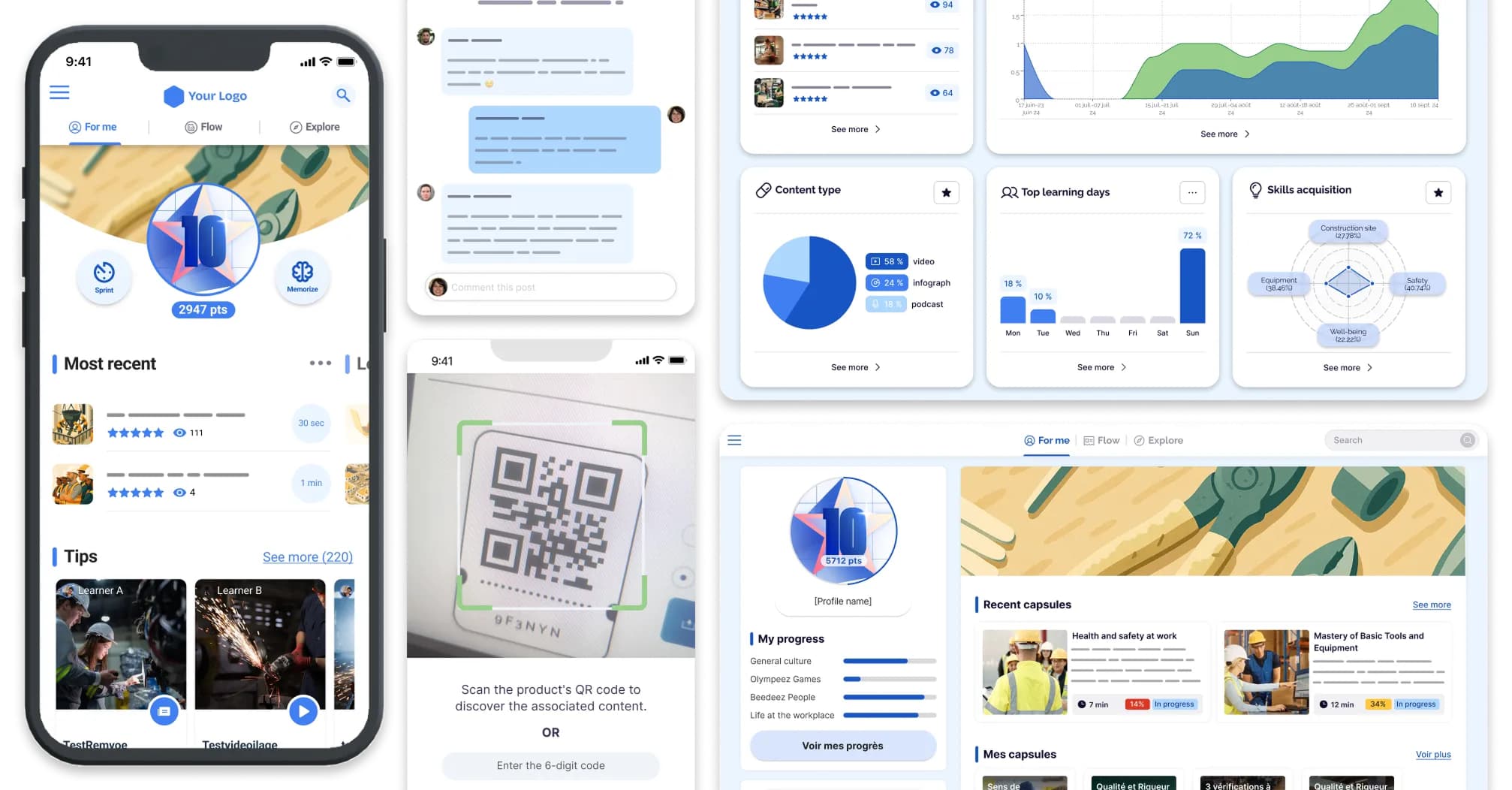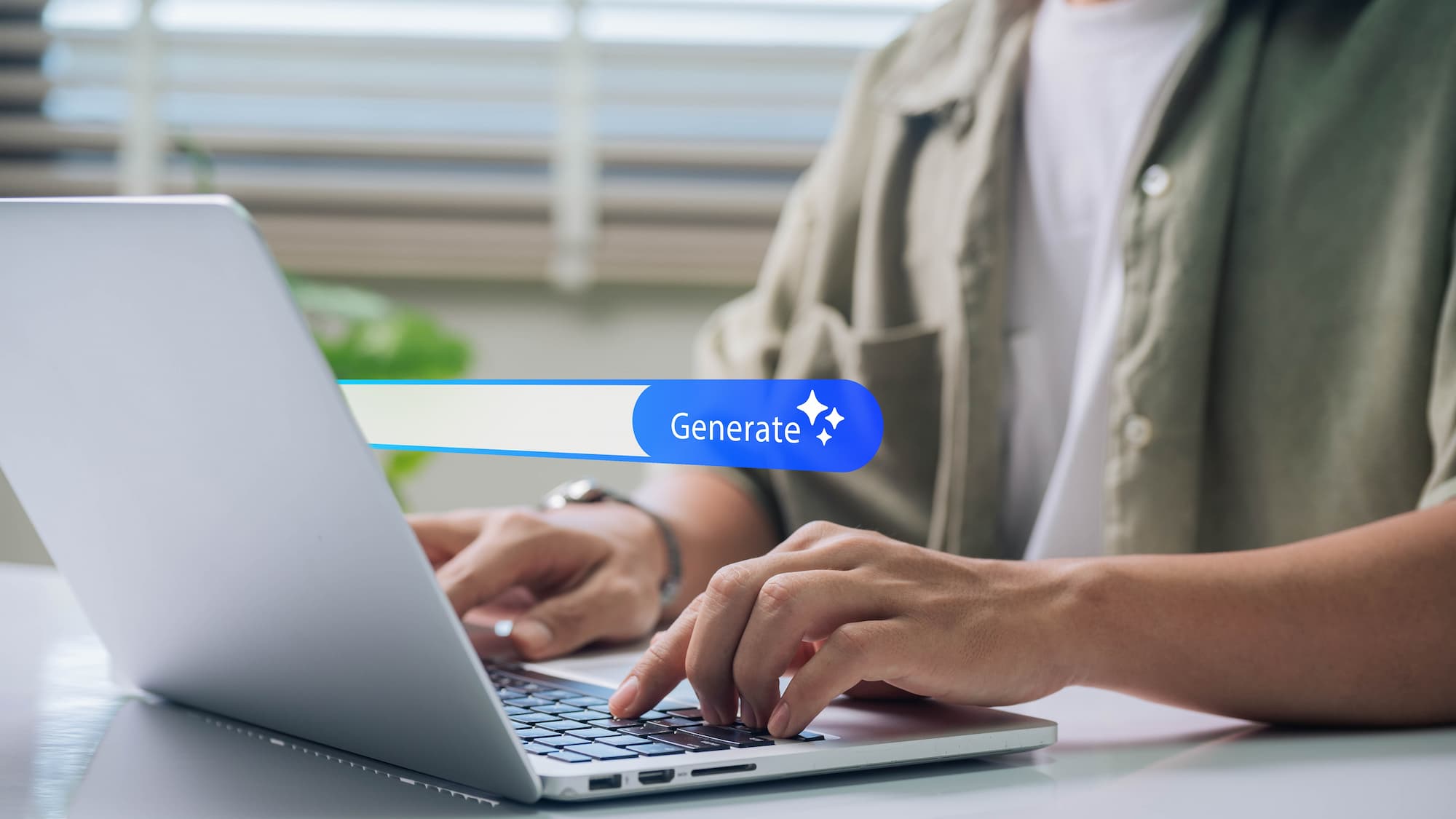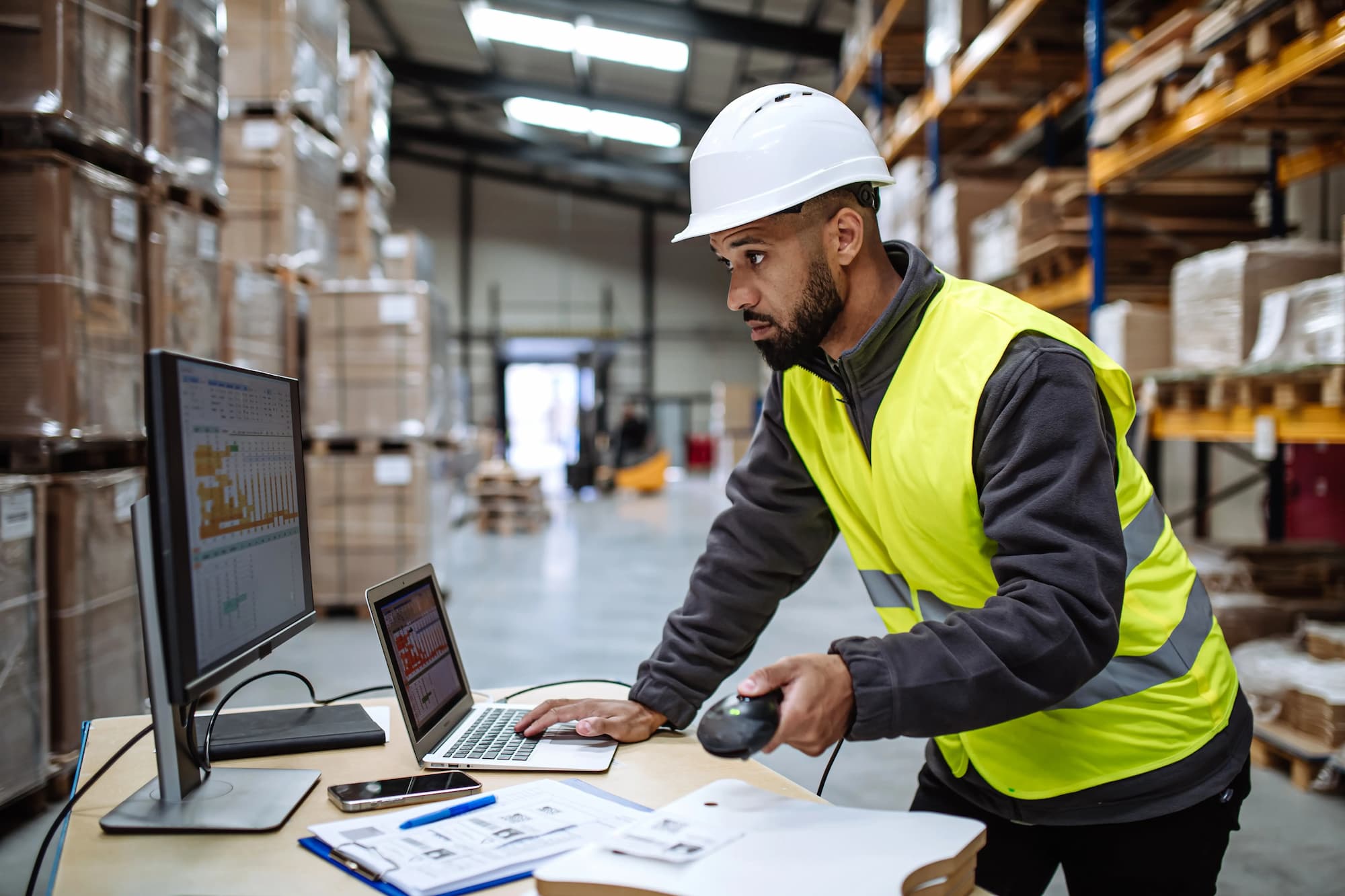Adaptive learning, or adaptive learning, is a pedagogical approach that customizes training paths according to the needs, pace, and preferences of each learner, thus improving efficiency and engagement.
The performance and competitiveness of a company is built on internal skills. La vocational training is therefore an extremely important lever for her. What better way to place the learner at the center of the training system than to develop adaptive learning. Adaptive learning is a vocabulary that has been present in the business world for about ten years now, especially with the use of LMS. This learning is completely interactive and increasingly expected by training professionals. Indeed, the challenge is to train employees, but to retain them, the learning modules must be adapted to their expectations and needs.
What is adaptive learning?
Adaptive learning is learning based onartificial intelligence. AI is essential to personalize learners' training. Adaptive learning makes it possible to quickly increase the company's internal skills while promising an optimal, individual and engaging learning experience. What is very interesting is that the training courses offered to employees are entirely based on what is useful to them personally.
What can be personalized?
- The training courses
- The contents
- Educational modalities
Thus, these three parts of the training must be able to adapt to the needs of employees in an automated manner. To make this possible, adaptive learning is based on the Data, the neurosciences And the Machine learning.
The benefits of adaptive learning
Personalization that engages more
Adaptive learning is a training method that makes it possible to personalize learning modules. The user experience of the collaborator is then maximum, which allows him to Increase your skills quickly, fully adapted and engaging.
The great strength of adaptive learning is that it allows do not tire the learner. The content that the collaborator has access to is only offered to him in view of the skills that he has yet to acquire. There is therefore no redundancy, adaptive learning will not offer him a training module if he already has the keys and the skills. Finally, employees learn what they need and with the best method for them, which is necessarily more effective.
For better results
Adaptive learning allows learners to do much better memorize the skills they have just learned. Their memory rate is better compared to other forms of training. The anchoring of knowledge is also more successful and continuous. Especially since on a platform, it is possible to set up skill reminders in several forms, whether quizzes, videos after 3 weeks, then 2 months etc.
The disadvantages
Adaptive learning: a system that is sometimes difficult to adopt
This very important tool for training remains a very complete computer tool and is sometimes difficult to appropriate. To successfully build training paths, you must first understand how technology works. So beyond being an instructional designer, You need to know how AI works.
Dehumanization of training
Adaptive learning is based on technology, so, of course, humans are put aside. Some people talk about the dehumanization of training, since it is the automation of this tool that makes it possible to best train. The collaborators, and not the presence of the trainer. Employees learn even better when feelings are part of the training: empathy and listening are in particular two assets that should not be overlooked.




